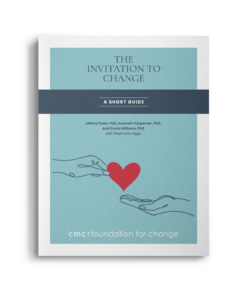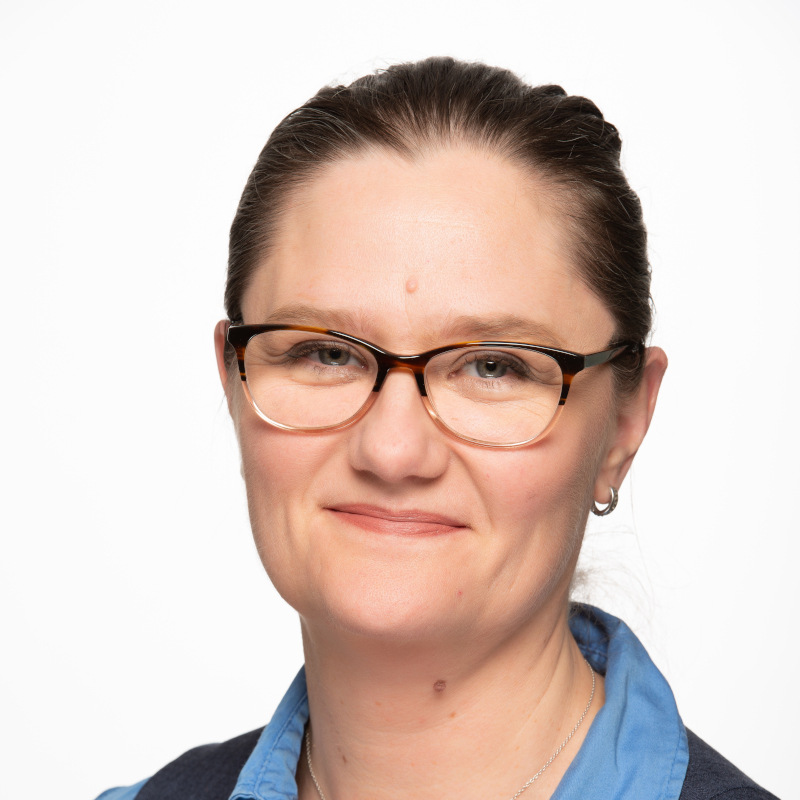Trainer
Nicole Kosanke, PhD is a licensed clinical psychologist with 20 years of experience and is the Director of Family Services at CMC’s outpatient division in NYC where she specializes in the assessment and treatment of substance use disorders in individuals and families. Dr. Kosanke has extensive experience with multiple treatment approaches, in particular CRAFT, MI, and CBT, as well as different therapeutic modalities including group, individual, family, video training, and written materials.
She co-authored the award-winning book, Beyond Addiction: How Science and Kindness Help People Change, which is a compassionate and science-based family guide for navigating the addiction treatment world, understanding motivation, and using CRAFT skills. She also contributed to The 20 Minute Guide: A Guide for Parents about How to Help their Child Change their Substance Use. She has been interviewed on radio programs and podcasts about substance use disorders and her writing on these topics has also been featured in Huffington Post, The Observer, and Counselor Magazine. She was also featured in O, The Oprah Magazine, in an article about her client’s experience in treatment at CMC, which was later published in O’s Big Book of Happiness: The Best of O. Dr. Kosanke also serves as a consulting psychologist and trainer for CMC:FFC, a non-profit organization providing evidence-based skills training to family members who have a loved one struggling with substance use issues. She is a member of Association for Behavioral and Cognitive Therapies and American Association of Addiction Psychiatrists.
Q&A
Get to know your trainer
I do this work because it matters to me that more compassion is exercised in the world. With regard to substance use issues, many people struggle and those around them are often in pain watching them struggle. I think on a human level, a lot of suffering comes from disconnection – “I want to help but I don’t know how to.” I want people to have strategies that work and being truly compassionate requires effort, exercise, and grounded-ness. The trainings and strategies we use are all about helping people stay grounded in a way that is respectful to themselves and to those struggling with substance use. There’s only so many people I can reach from a therapists office. It feels good to make a positive difference in the world by spreading these skills beyond one-on-one interactions.
Something remarkable about these trainings is that when people realize they are in a safe group that understands them, they begin demonstrating tremendous courage and vulnerability. Often, people will share something that they’ve never told anyone before: something they’re ashamed of, something they witnessed that was scary, something they’ve been holding on to that they haven’t let go of. These moments bring a sense of hope and possibility to me. Despite the fact many participants don’t know each other when they first walk in the room, they slowly begin to share difficult feelings. Our trainings connect people in a way that forms a path forward with less shame, a stronger sense of self-efficacy, and the skills to make a change.
I would encourage them to develop a visceral awareness to the fact that they are not alone. I would ask them to push past any impulse to isolate themselves because the idea that there is no way to help, isn’t on that is true. There are things you can do to help yourself and others that will cause positive change.

